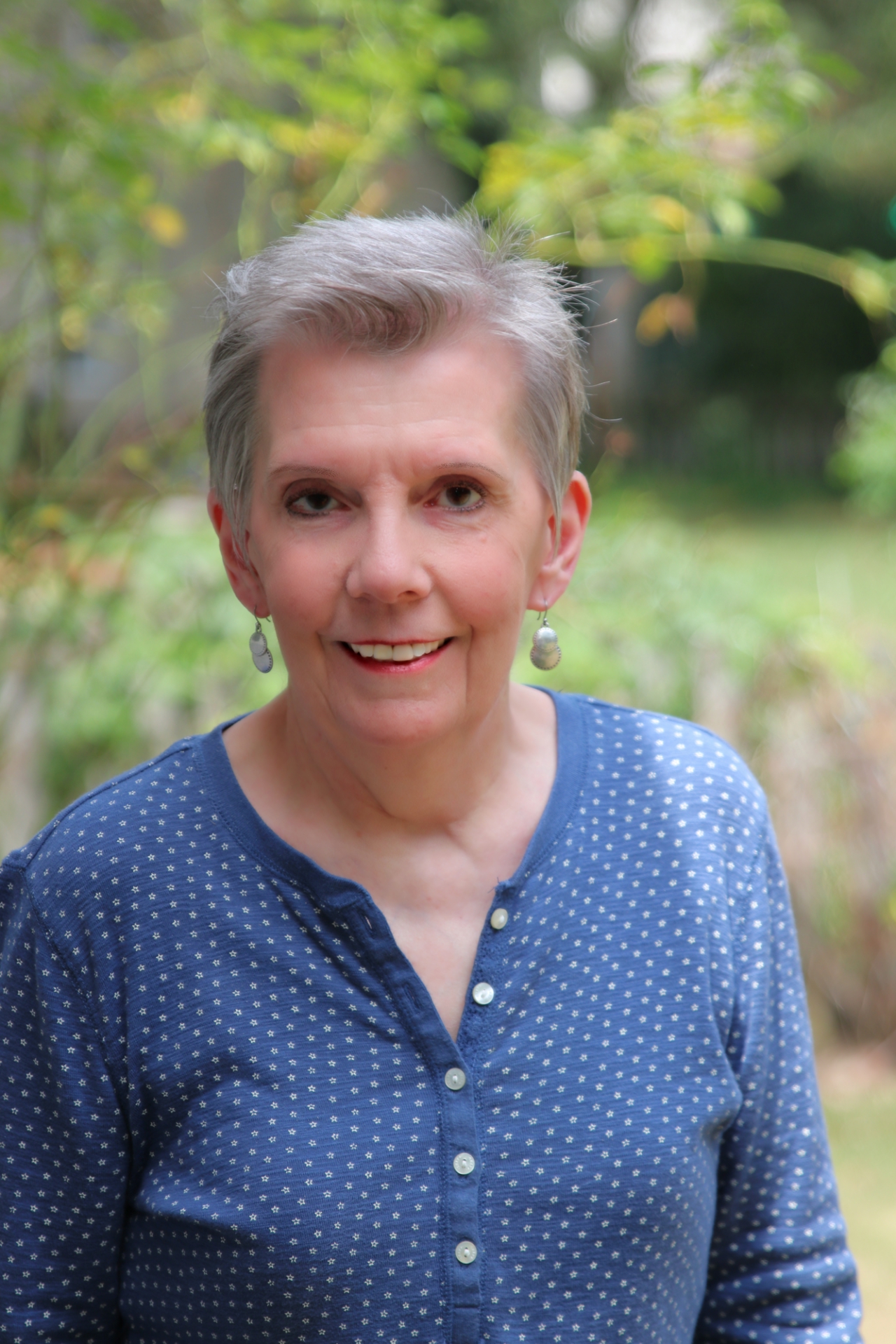Sin: an offense against religious or moral law; an action that is or is felt to be highly reprehensible; an often serious shortcoming or fault
[Merriam-Webster]
Pondering that definition for a few minutes could make anyone squirm in their chair. On the other hand, what if the fact all of us share in this reality is a good reason to press through our thoughts and emotions to become more loving individuals, more caring families, more compassionate communities?
We don’t have to live many years before someone we love, respect, or hold in regard makes a choice that hurts. Maybe that person has died, or maybe they are someone we interact with on a regular basis. Absent a reasonable explanation [to our way of thinking] for the unloving behavior and determined to brush off the pain, we erect a wall of self-protection. In some circumstances we may allow our hearts to harden toward the individual. After all, we reason, why should I put up with that?
For all those folks I’ve listened to over the years as a spiritual director, friend, daughter, wife, mother and now grandmother—for all those moments in my own life when I sinned or was on the receiving end of another person’s less than loving actions—the following are a few of the ways I have learned how to be part of the process of healing and restoration.
Take time to communicate. Listen. Speak. Be honest. Invite the other person to describe how they feel, what they think. Do the same. This is hard work. Our feelings and emotions can run the gamut. We may be embarrassed or ashamed. Or, in our attempt to disguise our anger and hurt, we may secretly desire our pound of flesh. However, I’ve witnessed and experienced it time and time again—when two people are committed to healthy, open communication, fires are extinguished and the winds are calmed.
Be open to receiving correction as well as be willing to offer your insights or wisdom—with care and compassion. Some of the best opportunities I’ve had to grow and mature into a more Christ-like human being have occurred at the feet of a mentor who, while occasionally quite blustery, had the courage to speak the Truth in Love to me. Through years of honest communication, we have both grown in our wherewithal to correct the other and to be corrected. Caution: please don’t run out and try to issue edicts of edification “before their time.” Healthy relationships change and grow. If we rush ahead, we risk undermining or destroying the good that has been nurtured over time.
It is not our job to decide what is a serious shortcoming or fault. Apart from Scripture and moral law which clearly define what it means to sin, other of our behaviors are more subjective. Which doesn’t mean our [serious] shortcomings and faults aren’t hurtful, only that we need to carefully consider the behavior, the person, and the circumstances. For example, when I don’t have a good night’s sleep I can stumble out of bed with a less than loving attitude. A shortcoming? Maybe A fault? Maybe less so. Nevertheless, not having rested well does not entitle me to literally or figuratively kick the dog [or the spouse] as I mumble and moan my way through the day.
To forgive and offer forgiveness is foundational to healing and restoration. When we make the sincere and heart-led choice to forgive the other person, we free ourselves from the prison bars of bitterness and resentment. Likewise, when we make the sincere and heart-led choice to say I’m sorry, please forgive me, we experience a deep sense of peace and wholeness. Both these actions require us to take responsibility for our sin with a big dose of humility.
Sin will always be with us in our journey on this earth. Yet, that isn’t the end of the story. By and with the grace and of God, we can, if we choose, repair the damage our behaviors have wrought. And in the end, understand those painful experiences as one more way the Divine can manifest greater love and unity to our hurting and broken world.
How do I feel about the word sin and what it means?
Am I reluctant to listen to the other person, or speak with honesty about what I feel and think?
Am I willing to forgive, or ask for forgiveness, even when it’s most uncomfortable?







